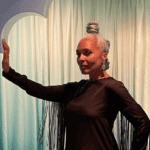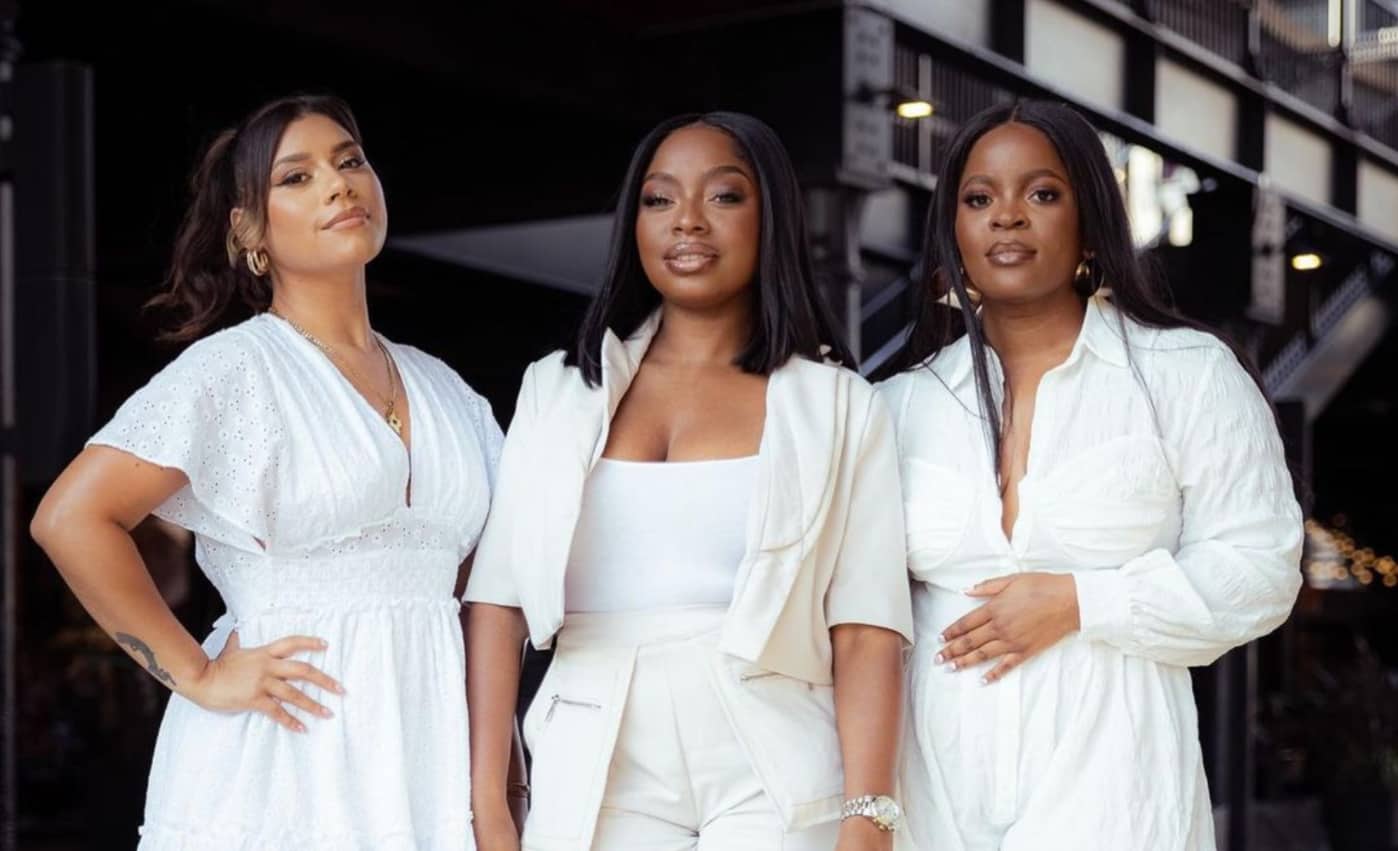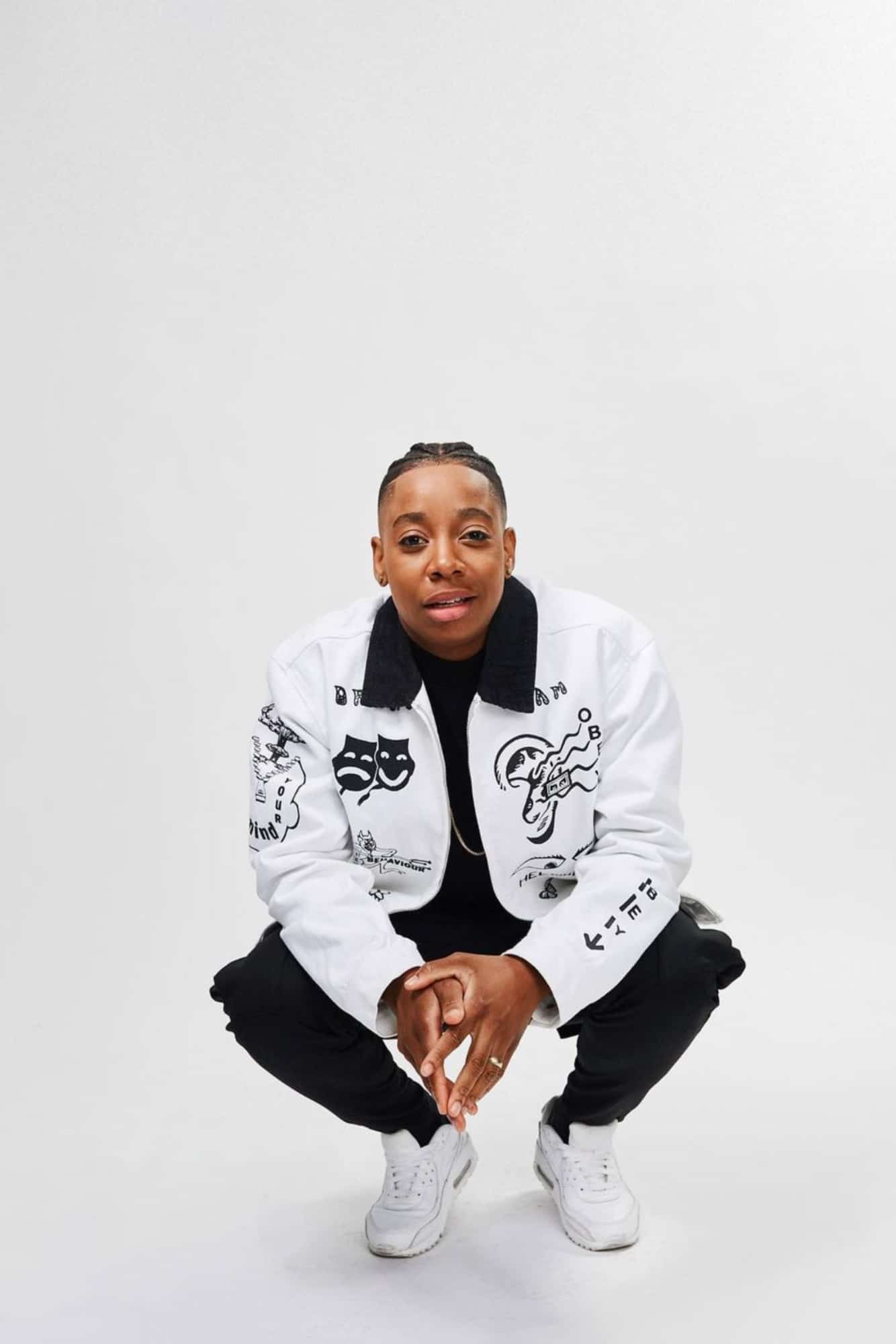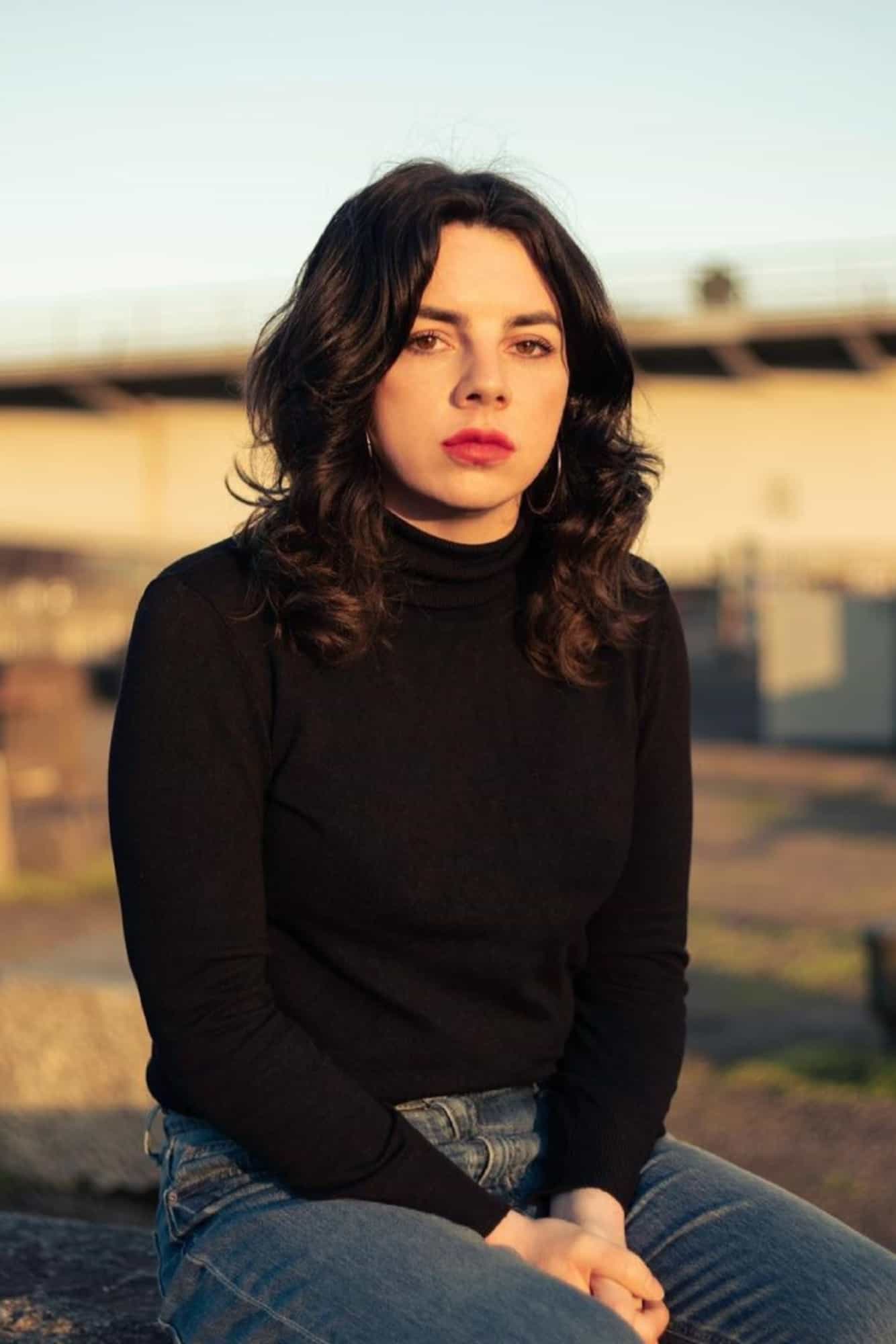Spotify has recast the show Sex, Lies and DM Slides with creators Saffron Barker and Anastasia Kingsnorth. Gizzi Erskine – one of the podcast’s original creators who co-hosted its first run – has accused the company of stealing her intellectual property after it did not consult her about producing a new series.
While Spotify paid for the production of the podcast, according to Erskine the company had nothing to do with the concept development, creative or research that went into its inception. Sex, Lies and DM Slides is the IP of her and her co-creator Sydney Lima – they were not cast by Spotify in a show it created, Spotify financed and distributed their idea. Therefore, why should it be able to take said idea and give it to two other people? “I am absolutely up to my fucking eyeballs at being exploited by the big corporations and money people,” wrote Erskine on Instagram. She added: “This as everyone can see is daylight robbery.” Her post has been liked by over 4,000 people and has more than 400 comments.
You may also like
Let’s cut to the chase: when big businesses take ideas produced independently by creators they damage their own brand. Even if they financed the resulting content. Even if there is a contract stating ownership belongs with the corporate over the creator. Separating the creator from their concept never ends well for brands. Period.
What has happened to Erskine and Lima is particularly hideous due to Spotify’s complete lack of decency. The business has not shown an ounce of respect for the origins of the show. Choosing to recast the podcast with different presenters without even telling Erskine and Lima is shocking in itself. If it felt strongly about recasting, the original creators should have played a role in this process and been credited as executive producers of the new series. The upset Spotify has caused here was completely avoidable.
In situations like this, nobody ever roots for the big business – they rally behind the independent creative and the injustice of them being denied ownership of their intellectual property. Of them being ignored as the originator. There is a whole generation of YouTube viewers and creators who can’t stand BuzzFeed because it ripped off YouTubers. It took their content formats, used them and distributed them to an enormous audience without any acknowledgement that they were other people’s ideas.
Then there are the big brands that have copied the designs of small creator-founded businesses. Nikki McWilliams’ biscuit cushion concept was imitated by Asda in 2017. Fisayo Longe took legal action against Boohoo for copyright infringement of a print created by her brand, Kai Collective. She settled out of court in January 2022.
Creators own the narrative around their work. Whether corporate partners agree with this or not, it is in their interest to respect it. If they don’t, they will end up in this situation and in a culture where social media – the home of the creator – is where perception is shaped, they will inevitably regret it.
By Sara McCorquodale, CEO and founder of CORQ.









Fast fashion campaigns: can influencers work with Shein without damaging their own reputations?